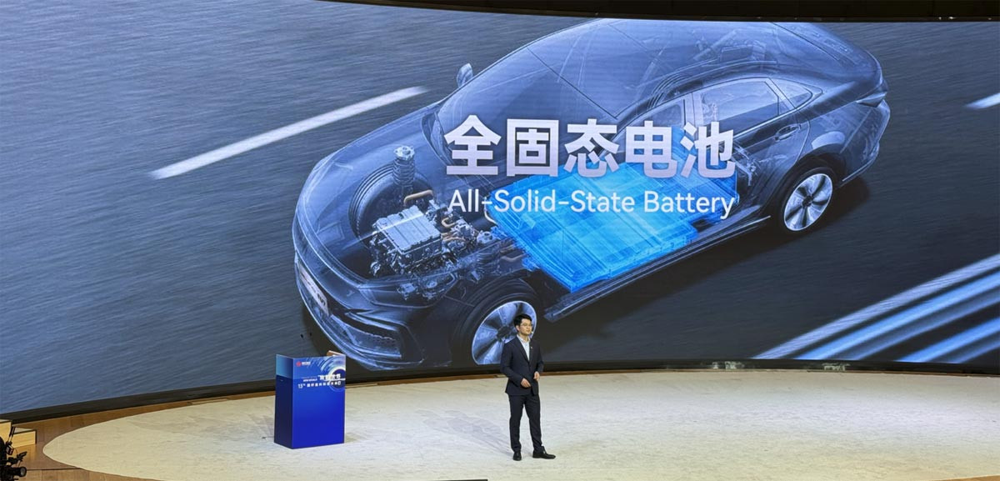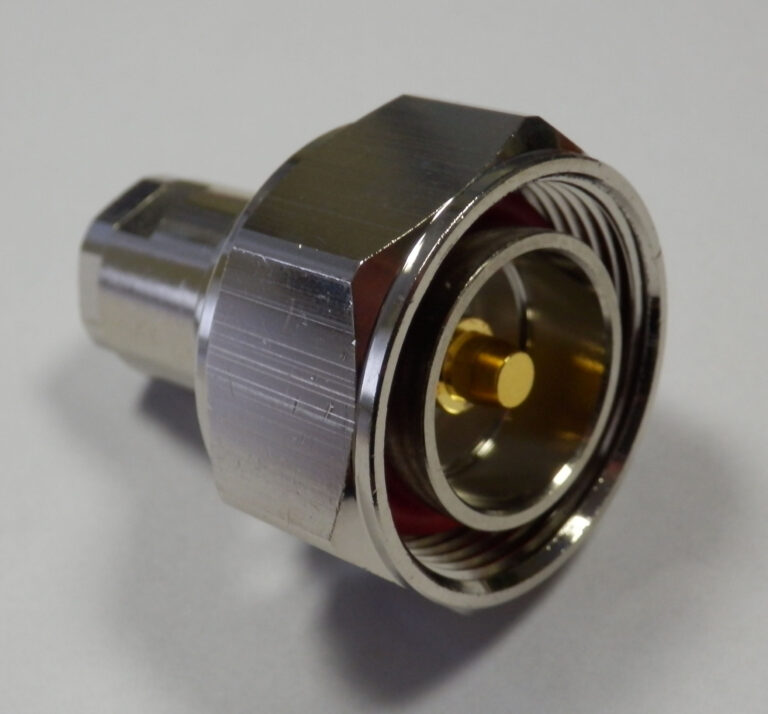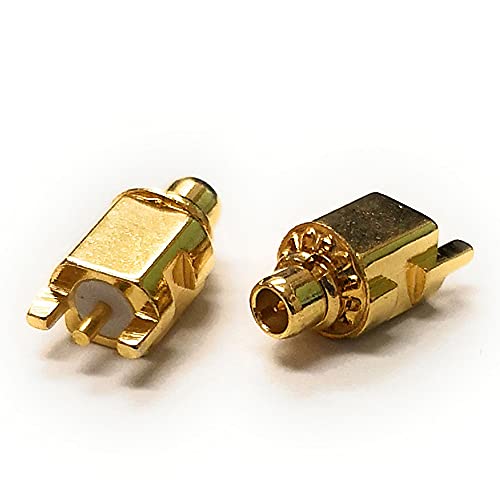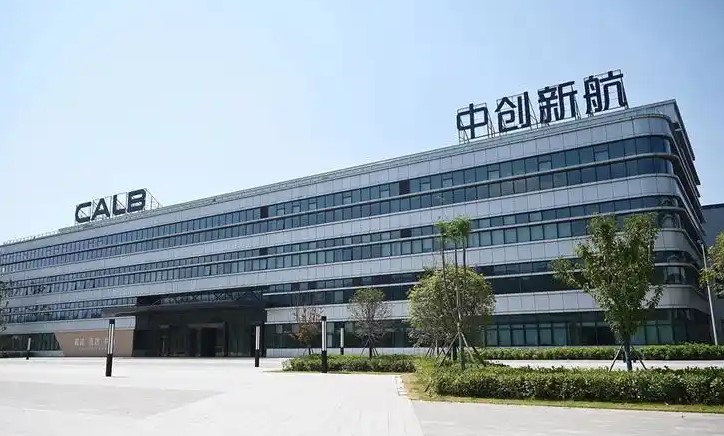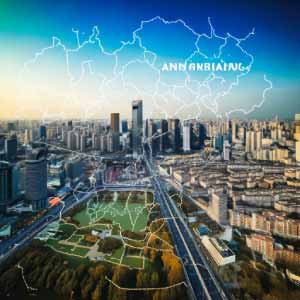Gotion High-Tech Company Limited Detailed Research Report ,Manufacturing Facilities Overview
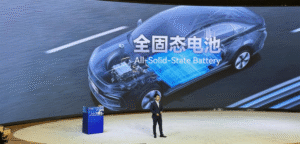
Gotion High-Tech has been rapidly expanding its manufacturing footprint both in China and internationally. The company aims to achieve over 300 GWh of production capacity by 2025en.gotion.com.cn, a massive scale-up from an estimated ~28 GWh at end-2020autonews.gasgoo.com. To reach this goal, Gotion is building state-of-the-art “smart” factories with high automation and advanced equipment. Below is an overview of Gotion’s major production bases, their locations, capacities, and expansion plans.
- China (Domestic Facilities): Headquartered in Hefei, Anhui Province, Gotion has multiple production bases across China. As of 2021, it was constructing four major bases — in Yichun (Jiangxi), Feidong (Anhui), Tongcheng (Anhui), and Xinzhan (Hefei) — with a combined planned capacity of 50 GWhen.gotion.com.cn. These were part of the company’s early expansion to meet surging domestic demand. By 2023, Gotion’s installed battery capacity in China grew substantially, though it still held a mid-tier market share (~5% of domestic installations in late 2024)cnevpost.com. The company has not publicly disclosed the exact current capacity of each Chinese plant, but key sites include:
- Hefei, Anhui: The main manufacturing hub, likely housing multiple facilities (including one dedicated to VW’s unified cell project with 20 GWh capacity plannedautonews.gasgoo.com).
- Lujiang (Hefei), Anhui: Location of a large battery industrial park opened earlier, producing both LFP and NCM cells.
- Nanjing, Jiangsu: A plant focused on battery packs and modules.
- Kunshan, Jiangsu: Possibly a cell production or assembly site.
- Yichun, Jiangxi: Close to rich lithium resources, focusing on LFP materials and cells.
These domestic plants utilize advanced automation, AI-driven quality control, and digitalized manufacturing (Industry 4.0 practices) to improve efficiency and consistency. Gotion has implemented smart factory technologies and MES (Manufacturing Execution Systems) to streamline production. Additionally, the company has invested in a zero-carbon cathode material factory in Wuhai, Inner Mongolia (spanning 40 km²), powered by dedicated solar farms, to reduce the carbon footprint of its supply chainen.gotion.com.cn. Domestically, Gotion’s capacity caters both to the electric vehicle OEMs and the energy storage projects within China.
- United States: Gotion is making significant inroads into the U.S. manufacturing landscape:
- Fremont, California: Gotion’s first U.S. factory is located in Silicon Valley (Fremont) and began production in late 2023. It is relatively small scale, dedicated to battery pack assembly for portable and residential ESS products (3–30 kWh packs). The planned capacity is 1 GWh annuallyenergy-storage.news, and importantly this facility does not produce cells but packs modules with cells likely imported from Asia. In December 2023, the Fremont plant produced its first “Made in USA” battery pack, marking Gotion’s initial operational foothold in Americaenergy-storage.news.
- Manteno, Illinois: This is Gotion’s marquee project in the U.S. Announced in September 2023, Gotion is investing $2 billion to build a new lithium battery gigafactory in Manteno (Kankakee County)etn.news. The facility, covering ~150 acres, will have capacity to produce 40 GWh of battery cells and 10 GWh of battery packs per year when fully operationaletn.news. It will manufacture lithium-ion cells, battery packs, and even complete energy storage system (ESS) containersetn.news. Illinois state offered a generous incentives package (valued at $536 million) to attract Gotion, including $125 million from the Invest in Illinois fund and $213 million in tax benefits over 30 yearsetn.news. Gotion expects this plant to begin production in 2024etn.news, and once online, it will be among the largest EV battery plants in the U.S., strengthening the domestic EV battery supply chainetn.news.
- Big Rapids, Michigan: Gotion has also announced a major EV battery factory in Michigan (near Big Rapids). This project stirred some political controversy but has been moving forward with support from local authorities. Construction reportedly began in 2023, and the plant is intended to produce battery cells for EVs (capacity details not publicly confirmed, but expected to be significant). Michigan’s choice aligns with its automotive heritage and positions Gotion closer to Detroit automakers.
Gotion’s U.S. expansion not only serves growing local demand but also helps the company navigate geopolitical factors by localizing production. The combination of the Fremont, Manteno, and Michigan projects indicates Gotion’s commitment to become a key supplier in North America, targeting both automotive OEMs and energy storage markets.
- Europe: Tapping into the European market, Gotion has aligned closely with Volkswagen and other partners:
- Göttingen, Germany: Gotion has established a battery pack assembly facility in Göttingen (central Germany). In September 2023, this plant produced its first battery packenergy-storage.news, marking Gotion’s first output in Europe. The Göttingen site is relatively modest (planned ~1 GWh pack capacity) and likely serves as a pilot line or to supply packs to VW’s operations in Germanyenergy-storage.news. Its opening was symbolic of Gotion’s “Made in Europe” push (the image above shows the pack production line at Göttingen).
- Planned Slovakian Gigafactory: In December 2024, Gotion unveiled plans to build a large battery cell factory in Šurany, Slovakiacnevpost.com. The project involves a total investment up to €1.234 billion and a 20 GWh annual capacity for lithium-ion cellscnevpost.com. Gotion will do this via its JV with local startup InoBat (Gotion owns 80%, InoBat Auto 20%)cnevpost.com. The Slovak government has approved €214 million in state aid for the project (including €150M subsidy and €64M tax breaks)cnevpost.com. Construction will be in phases, with production expected to start by January 2027 and ramp to full capacity by June 2027cnevpost.com. The plant’s goal is to supply power batteries locally within the EU, leveraging Slovakia’s location in Central Europe (close to car manufacturing hubs in countries like Germany, Czech Republic, etc.).
- Planned Morocco Gigafactory: Simultaneously, Gotion announced a second overseas plant in Morocco. This project (100% Gotion-owned) is planned in the Rabat region, with an investment not exceeding €1.28 billion for another 20 GWh annual capacitycnevpost.com. The Moroccan government signed an investment agreement with Gotion in June 2023, and Morocco’s largest public investment bank (CDG Group) committed €300 million to the first phasecnevpost.com. The plant aims to start production around 2026 and will serve both European and African EV markets. Morocco’s backing is part of its strategy to develop an EV supply chain locally (the site is near Kenitra, where automakers like PSA have factories)cnevpost.com.
- Other Europe Initiatives: Gotion has also collaborated with BASF in Europe to innovate battery materialsen.gotion.com.cn and with Volkswagen Group Components (e.g., to potentially support VW’s Salzgitter battery hubvolkswagen-group.com). Gotion’s strategy includes establishing regional headquarters and R&D in Europe (the company mentioned setting up four regional Business Units, including one for EMEA, with multiple overseas manufacturing sites under eachen.gotion.com.cn). This indicates further European expansion could be in the pipeline, possibly in partnership with automakers or local governments eager to build battery capacity.
- Rest of World: Gotion is also extending its presence to other regions:
- Asia-Pacific: In Vietnam, Gotion is developing a production base to serve Southeast Asiafinance.sina.com.cn. Vietnam’s growing electronics and EV assembly industry makes it a strategic location. Additionally, news reports indicate Gotion will open a battery pack assembly plant in Malaysia to expand influence in ASEANfinance.sina.com.cn. These moves help Gotion both tap emerging EV markets and circumvent trade barriers by producing within the region.
- South America: In Argentina, Gotion partnered with the provincial government of Jujuy and its state mining company JEMSE to build a battery-grade lithium carbonate plant in Jujuy’s free trade zoneyicaiglobal.com. The plant is planned to produce 10,000 tons of Li₂CO₃ annuallymarklines.com. While not a cell factory, this venture secures upstream lithium supply and could pave the way for future cell manufacturing in South America.
- Other Regions: Gotion has sales and service networks in regions like India, Indonesia, Thailand, etc., as indicated by its export of products to those countries in 2023stcn.com. In Japan, Gotion has an R&D center in Tsukubagotion.com (focusing on advanced materials), though no production there. Gotion’s global plan mentions 20+ overseas manufacturing sites under development across materials, cells, and packsen.gotion.com.cn, suggesting the above-known projects are part of a larger roadmap.
A worker at Gotion High-Tech’s new battery pack production line in Göttingen, Germany (September 2023)energy-storage.news. This facility, with about 1 GWh annual capacityenergy-storage.news, is Gotion’s first plant in Europe, established in partnership with Volkswagen. Gotion plans to operate over 20 overseas manufacturing sites covering battery materials, cells, and pack assembly as it globalizes its production footprinten.gotion.com.cn.
Through these expansions, Gotion is dramatically increasing its manufacturing capacity worldwide. The company incorporates cutting-edge equipment (such as high-speed stacking and coating machines), AI-driven inspection, and smart logistics in its factories to ensure quality and reduce costs. For instance, at its 7th-gen facilities, heavy automation has slashed labor and manufacturing costs per kWh by double-digit percentagesetn.news. Many facilities are also designed to be environmentally friendly and energy-efficient, aligning with Gotion’s carbon neutrality goals (e.g., solar panels powering factories, waste heat recovery, etc.).
Crucially, Gotion’s global factories align with its major customers’ locations: the U.S. plants position it near American EV makers, the European plants near VW and others, and Asian sites near local markets. This geographic diversification also mitigates risks from trade tensions by enabling local-for-local supply. By 2025, if Gotion reaches its targeted >300 GWh capacityen.gotion.com.cn, it will join the top ranks in terms of output capability, alongside CATL, BYD, LGES, and Panasonic.
In summary, Gotion’s manufacturing overview is one of rapid scale-up and internationalization. From a primarily China-based producer a few years ago, it is evolving into a global manufacturing network spanning multiple continents. This extensive factory build-out underpins Gotion’s ambition to become a truly global battery supplier.

